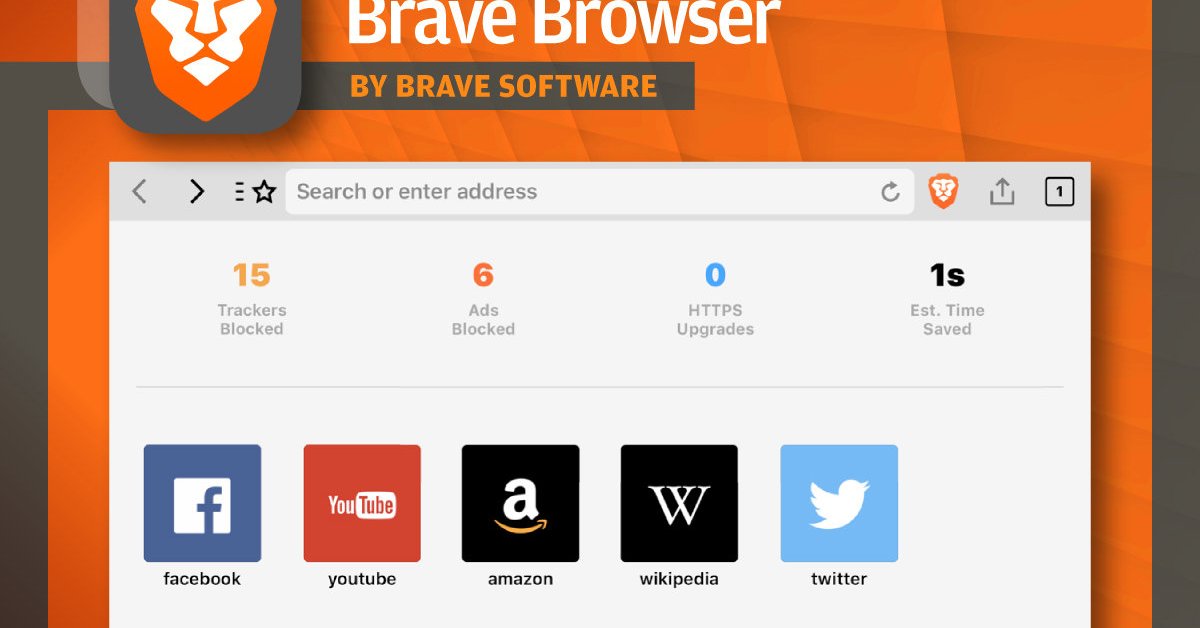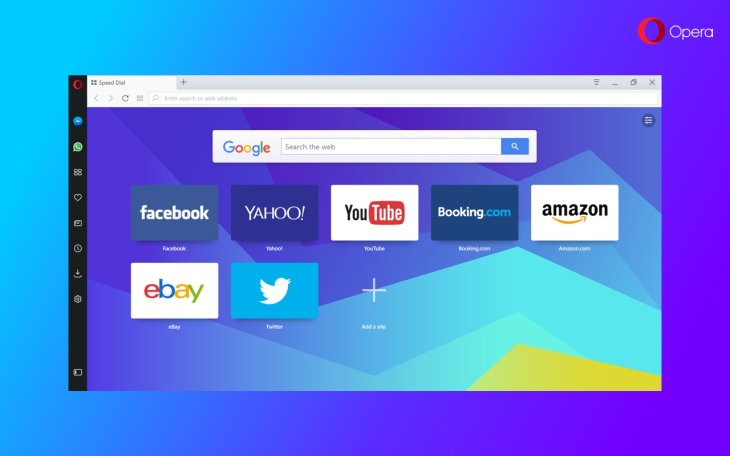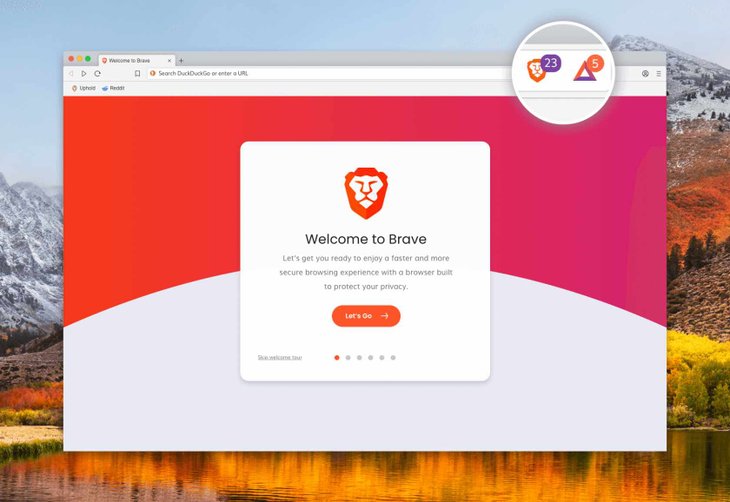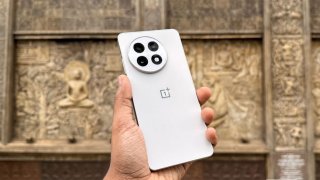Despite Google's Terms, Brave Web Browser Increases The Ad-Blocking Speed
Viswamitra Jayavant - Jul 14, 2019

With Manifest V3, Chrome can kill off ad-blocking. But Brave - a 3rd party browser - unveiled rapid ad-blocking tech in defiant against Google's terms
- Google Offers Voluntary Buyouts to US Employees Amid AI Push
- Google SynthID: Everything You Need to Know About AI Content Detection
- NotebookLM Mobile App: Enterprise AI Capabilities Now Available on iOS and Android
Google is cracking down on ad-blocking. With the unveiling of “Manifest V3”, they have introduced certain changes to the Chromium browser framework that would make it harder to block ads.
Of course, this is to be expected since Google’s business relies heavily on ad revenues. But the third-party browser named Brave - true to its name - has defied Google and instead, revealed a rapid ad-blocking tech without the restrictions of Manifest V3.
Chromium And Manifest V3
The Chromium engine is utilized by a great many platforms, including Opera, Microsoft’s Edge, and of course, Brave. That’s how Google can set out terms for these platforms and unveil the deeply unpopular Manifest V3 by leveraging its position.

Manifest V3 works by blocking an API called webRequest to allow for a drastic boost in browsing speed. However, webRequest is also an API that most third-party ad blockers exploit. At the end of the day, most ad blockers would be unusable.
Voices Of Opposition
Browsers like Brave (As well as Opera and Vivaldi) has voiced out their oppositions to the development and announced their intention to stick with webRequest and keeps ad-blocking alive. The only visible benefit of Manifest V3 is a boost in speed, so these browsers are experimenting with ways to also attain a speed boost while maintaining their own ad-blocking feature. So they have decided to re-engineer their ad-blocking program with Mozilla’s Rust language instead of C++.
You can try out the results of the project on Brave’s Dev and Nightly channels right now.
Re-Design And Amazing Result
The algorithm was rebuilt with inspiration from popular ad-blockers like Ghostery and uBlock Origin. With the re-design, Brave’s development team managed to achieve a boost in speed of up to 69 times the original’s. Request classification time was drastically reduced down to only 5.6 milliseconds.

Most users probably wouldn’t even notice any difference. However, Brave has publicly stated that the 69-time boost in ad-blocker overheads can free the CPU to do more tasks instead of spending all of its resources on ad-blocking. Ad-blocking will now be faster and easier on your computer’s hardware than before, as a result.
Featured Stories

How To - Jul 25, 2025
Savant - Ascent REMIX Free Download (v1.2) - Electrifying Twin-Stick Shooter...

How To - Jul 25, 2025
Way of the Hunter Free Download (v1.23a) - The Ultimate Realistic Hunting...

How To - Jun 12, 2025
The Legend of Tianding Free Download (v1.01) - Become Taiwan's Legendary Outlaw

Features - Jun 11, 2025
Best VPN for PUBG Mobile 2025: Lower Ping & Regional Access Guide

How To - Jun 08, 2025
Telepath Tactics Liberated Free Download (v1.0.57) – The Ultimate Tactical RPG...

How To - Jun 07, 2025
The Mystery of Woolley Mountain Free Download – Whimsical Adventure Game

How To - Jun 07, 2025
We Need to Go Deeper – Complete Edition Free Download (v1.6.5)

How To - Jun 06, 2025
Pharaoh: A New Era Free Download – Build an Ancient Egyptian Empire

How To - Jun 04, 2025
Stardew Valley Free Download (v1.5.6) - Build Your Dream Farm

How To - Jun 04, 2025
RoboCop: Rogue City Free Download (v1.0.1.7 & ALL DLC) - Become the Legendary...
Read more

Mobile- Feb 12, 2026
What is the Most Powerful Gaming Phone Currently?
The Nubia Red Magic 11 Pro is the undisputed most powerful gaming phone right now, blending record-breaking benchmarks, unbeatable cooling, and gamer-centric design for peak performance that lasts.

Mobile- Feb 11, 2026
Top 5 Cheap and Efficient Gaming Phones in 2026
These phones prove you don't need $1000+ for efficient gaming. The RedMagic 11 Air leads for pure power, while POCO options win on value.

ICT News- Feb 10, 2026
Discord's Teen Safety Sham: Why This Data Leak Magnet Isn't Worth Your Trust Anymore
Cancel your Nitro, export your data, and move on before the next leak hits. Your personal information deserves better.
Comments
Sort by Newest | Popular